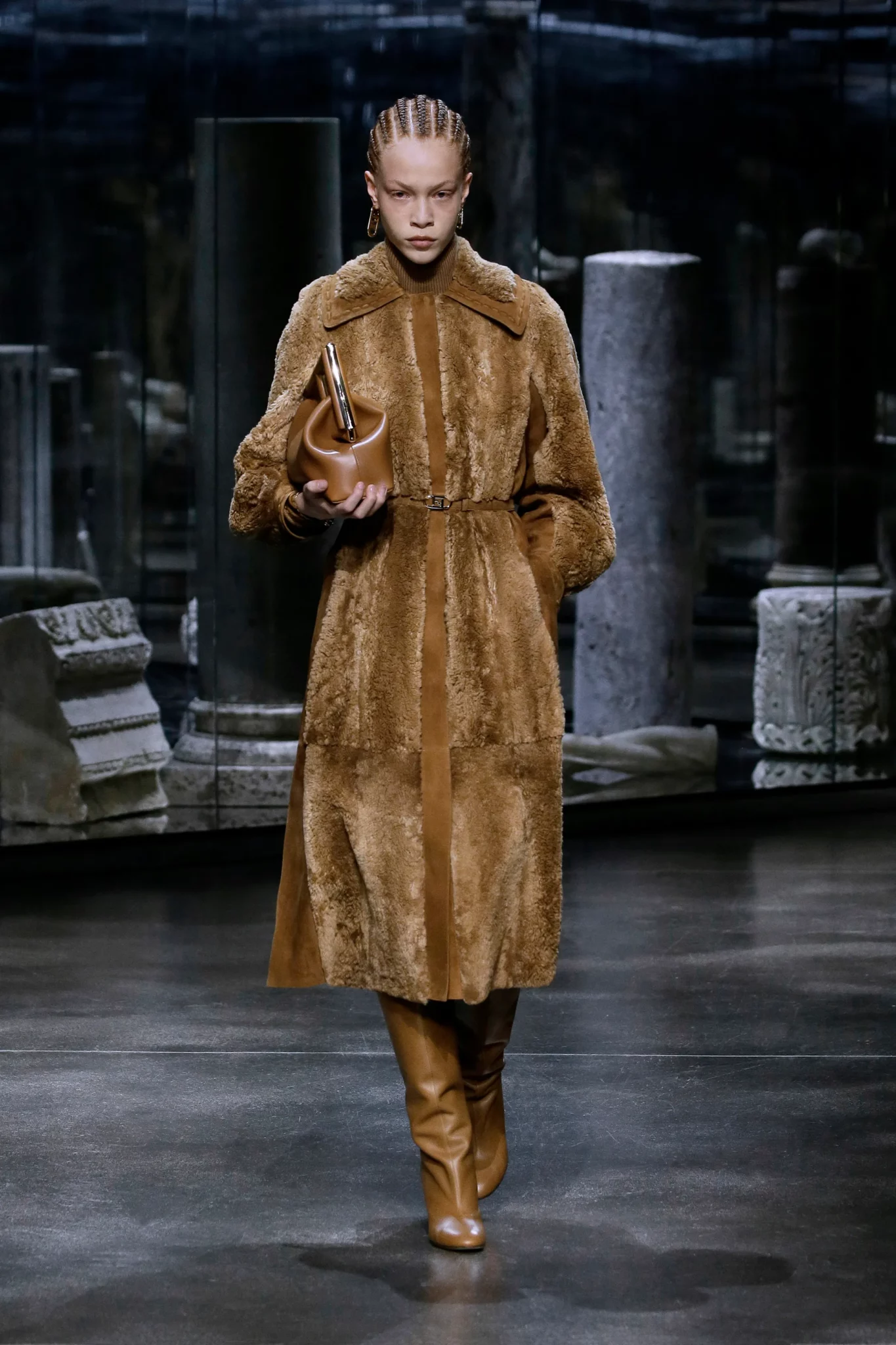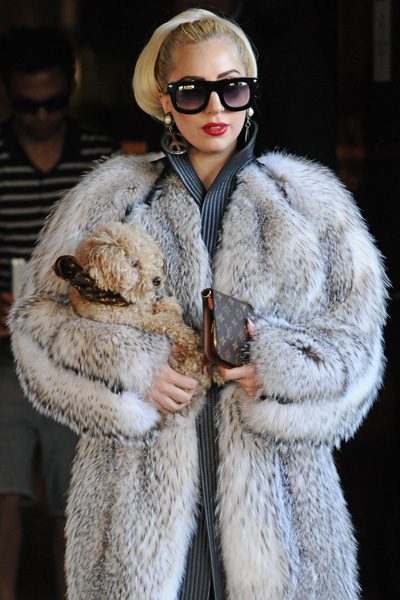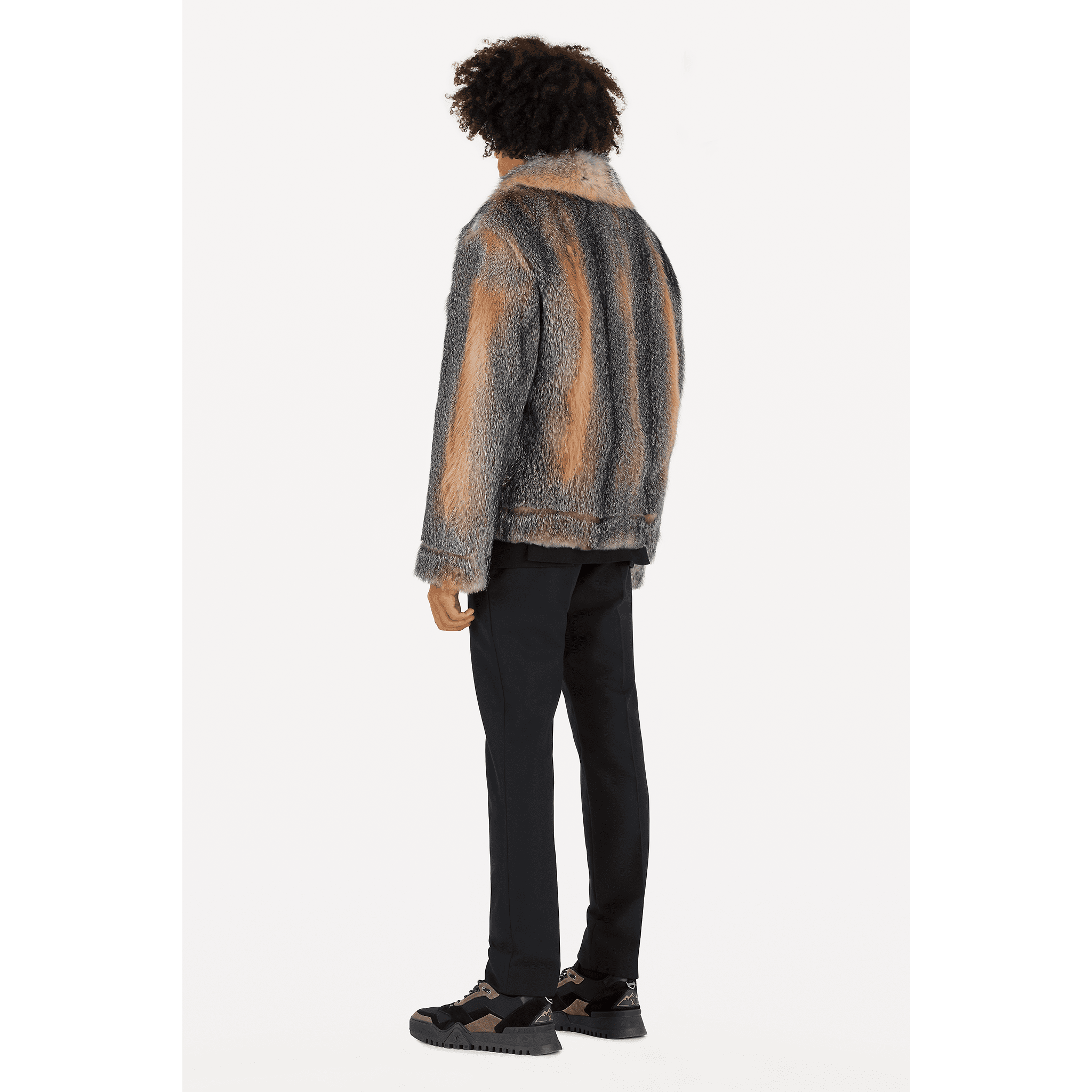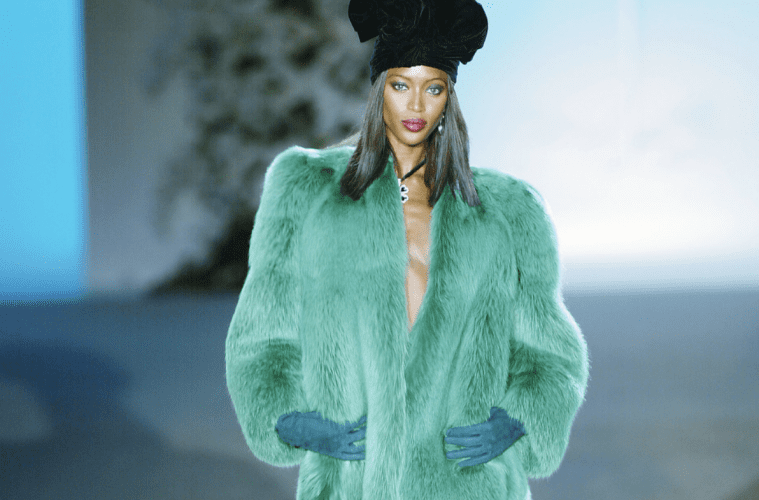The luxury fashion industry has a complicated relationship with fur.
Once, the material was the very definition of luxury. But over the last few years, the industry’s biggest brands have declared fur to be out of fashion. Some companies, like Kering, have even said that it has no place in the industry.
Fur’s diminishing place in the luxury fashion industry has been prevalent over the last few years. Since 2016, brands like Armani, Hugo Boss, Gucci, Tommy Hilfiger, Michael Kors, and more have rejected fur across all labels and collections. Also, in 2018, London Fashion Week became the earliest major city to ban fur for its official runway presentation. Even Anna Wintour, who graces runway shows wearing her signature fur coat and sunglasses, has recently opted for faux-fur.
However, many industry professionals speculate fashion houses’ rejection or acceptance of fur to be linked to revenue.
Over the last month, Moncler and Dolce&Gabbana joined the growing list of luxury fashion houses to reject fur for all future collections. But there are also several fashion houses that have not placed fur bans. Oftentimes, these houses have a strong heritage linked to the material, and continue to feature fur in their collections.
So, which brands are against fur? And which brands are still opting for the ‘real’ thing? We’ve curated a list of the biggest luxury fashion houses and their stance on one of the key issues faced by the luxury industry.
Prada
Prada announced they would go fur-free in 2019 after months of pressure by animals-rights activists. The decision reflected shifting customer attitudes and demand. Miuccia Prada stated that the group is committed to innovation and social responsibility, and the fur-free policy would be an extension of that engagement.
Fendi
The name Fendi is synonymous with fur. The house, which started as a fur house in 1925, has featured true mink fur, fox fur, and shearling in coats, gilets, bomber jackets, and even bag charms. Although Fendi has experimented with recycled fur, true fur still continues to be a large part of their revenue.

Vogue Runway
Gucci
Hermès
The luxury house has been urged to reject exotic skins and furs by activists around the world. However, the brand has continued to use fur, and have only stated that they have a strong ‘welfare policy’ in place.

WENN.com
Saint Laurent
Kering, Saint Laurent’s parent company, rejected fur last year, stating that it had no place in luxury. As a part of the group-wide ban, Saint Laurent will be fur-free as of F/W 2022.
Louis Vuitton
Louis Vuitton, one of the world’s largest fashion houses, still offers fur products on its online retail site. These include, fox fur jackets, monogrammed mink scarves, and loafers.

louisvuitton.com
Other brands that have rejected fur include: Calvin Klein, Tommy Hilfiger, Stella McCartney, Versace, Chloé, and more. Some brands that continue to feature fur in their collections include: Givenchy, Dior, Celine, and Salvatore Ferragamo.
Published by HOLR Magazine.


